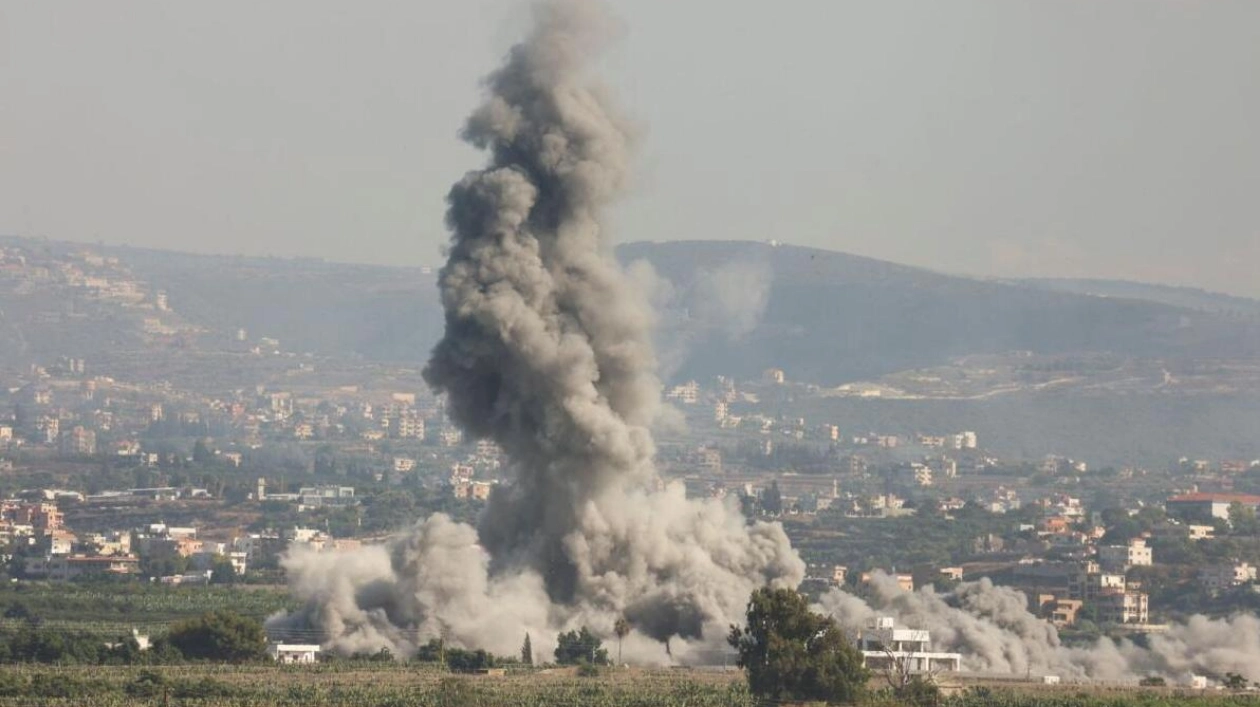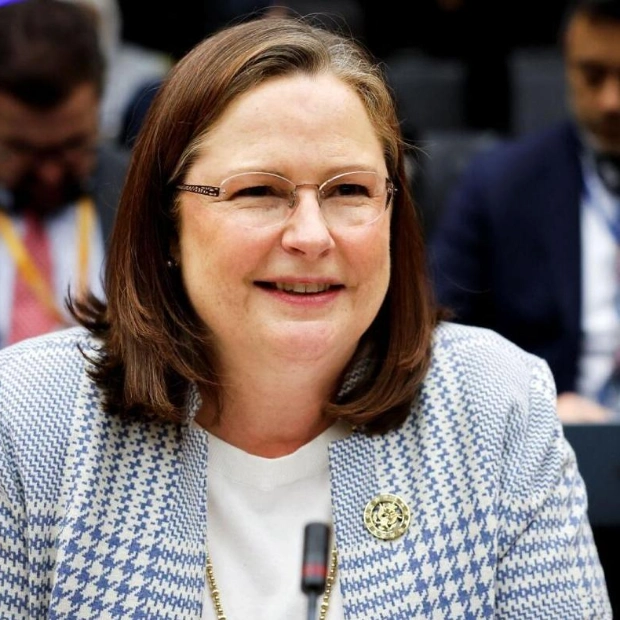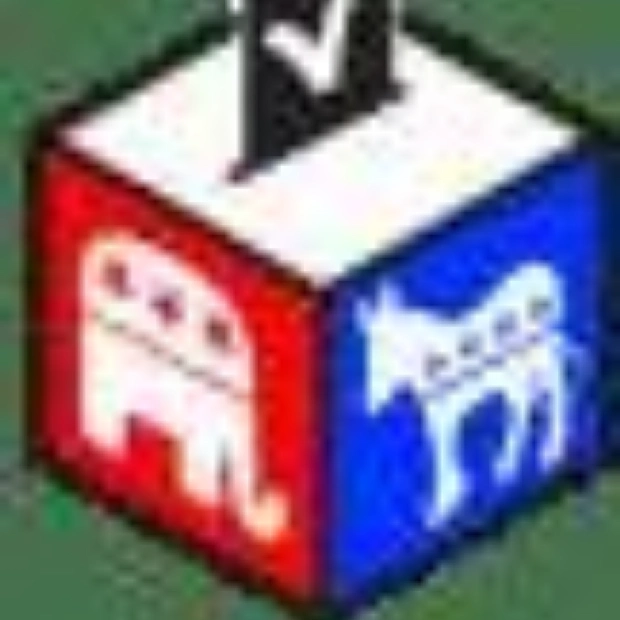Israel intensified its bombardment of south Beirut late Thursday, with Lebanese sources reporting at least 10 strikes, following its most lethal attack on the West Bank in decades. The escalating assaults by Israel come amid discussions about potential retaliation for Iran's missile barrage, with the United States suggesting that Israel targeting Iranian oil facilities is under consideration. Iran claimed the missile attack was in response to the killing of Hassan Nasrallah, leader of its ally Hezbollah, and other key figures. There was no respite from Israeli strikes on Beirut, as AFP correspondents reported loud explosions that shook buildings in the capital and surrounding areas. The military launched 11 consecutive strikes on Hezbollah's stronghold in south Beirut, according to a source close to the group, while the National News Agency (NNA) reported more than 10 strikes. The Israeli military confirmed it had hit 'targets belonging to Hezbollah's intelligence headquarters in Beirut'. The bombing in Lebanon has resulted in over 1,000 deaths, according to the Lebanese health ministry, and displaced hundreds of thousands, exacerbating the nation's existing economic and political crises.
Israel instructed Lebanese civilians to evacuate more than 20 villages and the city of Nabatiyeh, with one resident, Hassan Ammar, 82, describing the situation as 'peaceful civilians in our homes'. A late Thursday strike targeted a warehouse near the capital's airport, according to a source close to Hezbollah. Hezbollah claimed to have repelled Israeli troops at the border and detonated explosive devices against advancing soldiers, while maintaining rocket fire into northern Israel. Israel reported killing 15 Hezbollah fighters in a strike on Bint Jbeil, an area significantly damaged during the last conflict with the militant group in 2006. The Lebanese military reported one soldier killed in retaliatory fire after an Israeli attack on an army post in Bint Jbeil. Lebanese Health Minister Firass Abiad stated that over 40 paramedics and firefighters have been killed by Israeli fire in three days. The Lebanese health ministry reported 37 deaths and 151 injuries from Israeli strikes in the previous 24 hours. The Israeli military confirmed nine soldiers killed in combat in Lebanon. These strikes followed Iran's second direct missile attack on Israel. Iranian Supreme Leader Ayatollah Ali Khamenei is expected to address Iran's stance in a sermon at Tehran's main weekly Muslim prayers, his first in nearly five years. Iranian Foreign Minister Abbas Araghchi is scheduled to visit Beirut for talks with Lebanese officials. As Israel contemplates retaliation for the Iranian missile strike, President Joe Biden mentioned that the United States is 'discussing' possible Israeli strikes on Iranian oil facilities, causing a five percent spike in oil prices. In the West Bank, an air raid on the Tulkarm refugee camp killed 18 people, marking the deadliest attack there since 2000. The Israeli military claimed its strike in the northern West Bank killed Hamas leader Zahi Yaser Abd al-Razeq Oufi, who was accused of involvement in numerous attacks. A local social activist reported an Israeli warplane had 'hit a cafeteria in a four-story building'.






